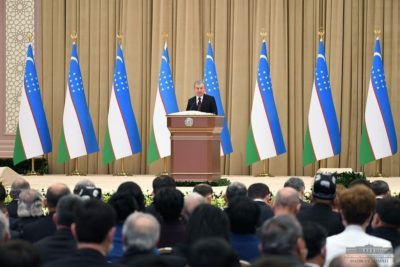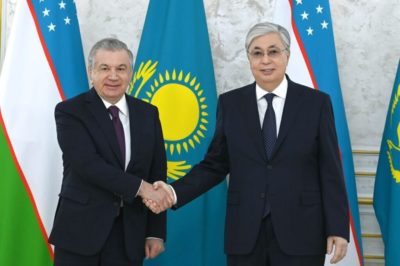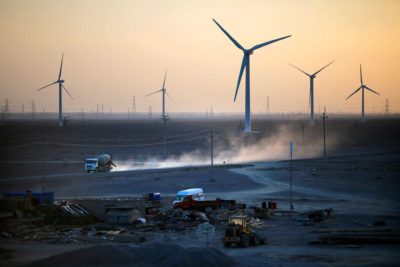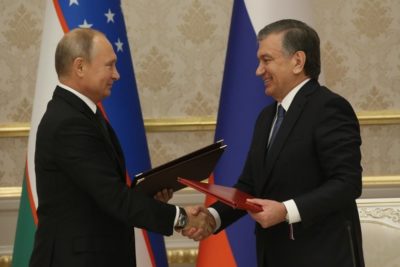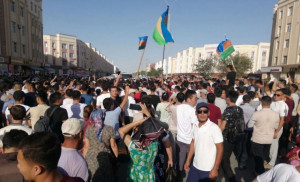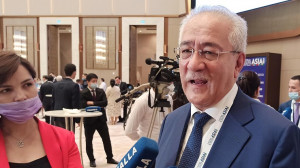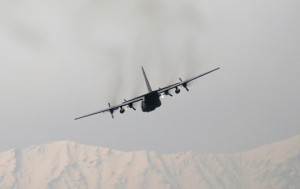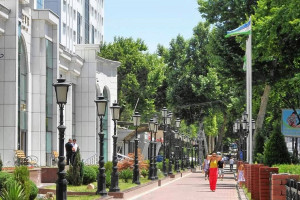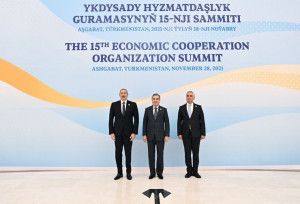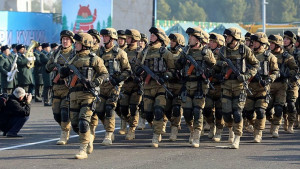Reforms in Uzbekistan: a new stage in the political development of the republic
The process of reforming the political system in Uzbekistan reached a fundamentally new level in 2023-2024. The transformations currently being implemented are aimed at increasing the participation of the population in political processes, but in doing so they stay away from Western patterns, instead offering original and even unique solutions that are potentially useful not only for Uzbekistan, but also for other countries in the region…
Kazakhstan-Uzbekistan: Cooperation instead of Competition
On April 5, 2024, President of Kazakhstan Kassym-Jomart Tokayev arrived in Uzbekistan at the invitation of the head of that republic, Shavkat Mirziyoyev. It is reported that the leaders of the two states held a substantive discussion of topics related to further strengthening the strategic partnership between the two countries, which can be considered a direct continuation of the talks between the President of Uzbekistan and the new Prime Minister of Kazakhstan Oljas Bektenov, held on March 15, 2024…
China - Uzbekistan: the new status of relations
On January 24, 2024, Uzbek President Shavkat Miromonovich Mirziyoyev held talks with Chinese President Xi Jinping as part of his official visit to China. Meetings between the two states are not uncommon, having occurred four times in 2023 alone. This time, however, it is an event of historic proportions as the two countries have elevated their bilateral relations to an “all-weather all-round strategic partnership in a new era.” The meeting was attended by up to 25 high-ranking representatives from the People’s Republic of China and the Republic of Uzbekistan…
Developing Partnership between Uzbekistan and Saudi Arabia in a New Era for Central Asia
In 1991, Saudi Arabia was one of the first countries to recognize Uzbekistan as a new independent Central Asian republic, marking a significant milestone in the modern history of relations between the two nations. During the 1990s and 2010s, the two countries cooperated on several occasions. One notable example is Uzbekistan’s active participation in so-called mosque diplomacy, which involved the construction of religious sites in several states with large Muslim communities, funded by Saudi Arabia…
Uzbekistan’s Oil Imports: How the Price Cap Hurts West’s Potential Partners and Helps Russia’s Partners.
Most people who follow the twists and turns in global politics are aware of the imposition of the so-called “price cap” on Russian oil imports following last year’s meeting of G7 Finance Ministers. Although this initiative can hardly be called favorable for Russia, some cases illustrate its dubious usefulness for the West, especially from a political standpoint. In particular, such a paradox can be observed when studying Uzbekistan’s experience of purchasing oil and petroleum products…
US Intends to Strengthen its Influence in Uzbekistan by Appointing a New Ambassador
Considering Uzbekistan as a “point of support” in the Central Asian region, especially after the failure of US policy in Afghanistan, Washington decided to give additional impetus to its expansionist plans in this Central Asian republic. And the clear emphasis in this is planned to be placed on the separation...
Is the US Now Trying to Destabilize Uzbekistan?
Unfortunately, the failure of the recent attempt to create an armed conflict in the Gorno-Badakhshan Autonomous Region (GBAR) has not dampened Washington’s ardor in searching for ways to destabilize the situation in Central Asia and in creating an additional inconvenience for Russia, which at present is conducting a special military operation to de-Nazify Ukraine...
Uzbekistan’s Active Steps in Dialogue with the Kabul Authorities
After the Taliban (banned in the Russian Federation) seized power in Afghanistan, many questions arose about the format and direction of future engagement with the terrorist movement. The tumultuous events in that country, against the background of the urgent withdrawal of US troops and the departure of the bankrupt “civilizers” with their mission...
US Adjusts its Strategy in Central Asia
In the current situation, after the withdrawal of the US military contingent from Afghanistan and the Taliban (the movement is banned in Russia) came to power in this country, Washington is actively making adjustments to its strategy in Central Asia. As can be seen from the changes in the actions of the White House, on the one hand, Washington is not ready...
The US is Gaining a Foothold in Uzbekistan
To create sustainable groundwork for further expansion into Central Asia, Washington has recently placed particular emphasis on developing relations and cooperation with Uzbekistan. One of such work areas in this country has been the active opening of “American Corners” in Uzbekistan. It is a US government-supported global network of more than 600 open-access...
Central Asian and Middle Eastern Countries Step Up Cooperation
On November 28, the 15th Summit of the Leaders of the Economic Cooperation Organization (ECO) Member-States was held in Ashgabat, the capital of Turkmenistan, with the participation of the heads of state and governments of Azerbaijan, Iran, Kazakhstan, Kyrgyzstan, Pakistan, Tajikistan, Turkey...
Should We Expect Uzbekistan to Rejoin the CSTO?
After the collapse of the USSR in 1991, the newly independent states discovered many threats to their security that were not as visible when they were still part of the Soviet Union. In particular, the young Central Asian states of Kazakhstan, Kyrgyzstan, Tajikistan, Turkmenistan, and Uzbekistan faced many dangers. The more significant threat to these countries came from...
